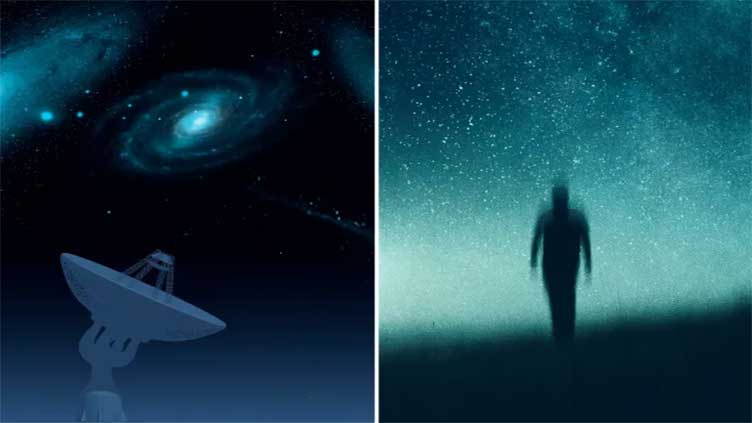Alien-hunting telescope picks up strange 'whistle-like' repeating radio signal from deep space

Technology
A change of frequency in bursts was described as a "cosmic slide whistle" by astronomers
(Web Desk) - This is a pattern that's never been observed before.
FRBs are bursts of electromagnetic radiation that can be picked up in waves on a radio telescope.
They're thought to come from neutron stars or huge stellar collisions.
Scientists still don't understand much about them and hope more research will unlock their mysteries.
There are also experts who hope they'll find an alien message in the form of a repeating signal from deep space.
Researchers using the SETI Institute's Allen Telescope Array found the whistle-like bursts.
That telescope was designed to listen for potential signs of alien intelligence.
The researchers published their findings in the journal Monthly Notices of the Royal Astronomical Society.
A statement from the study explained: " These mysterious signals exhibit downward frequency drifting, a connection between their bandwidth and center frequency, and changes in burst duration over time.
"The team also observed something that had never been reported before: there was a noticeable drop in the center frequency of bursts over the two months of observation, revealing an unexpected cosmic slide-whistle."
It's hoped that the new discovery will help unlock the mysteries behind FRBs.
Lead study author Sofia Sheikh said: "This work is exciting because it provides both confirmation of known FRB properties and the discovery of some new ones.
"We're narrowing down the source of FRBs, for example, to extreme objects such as magnetars, but no existing model can explain all of the properties that have been observed so far."


